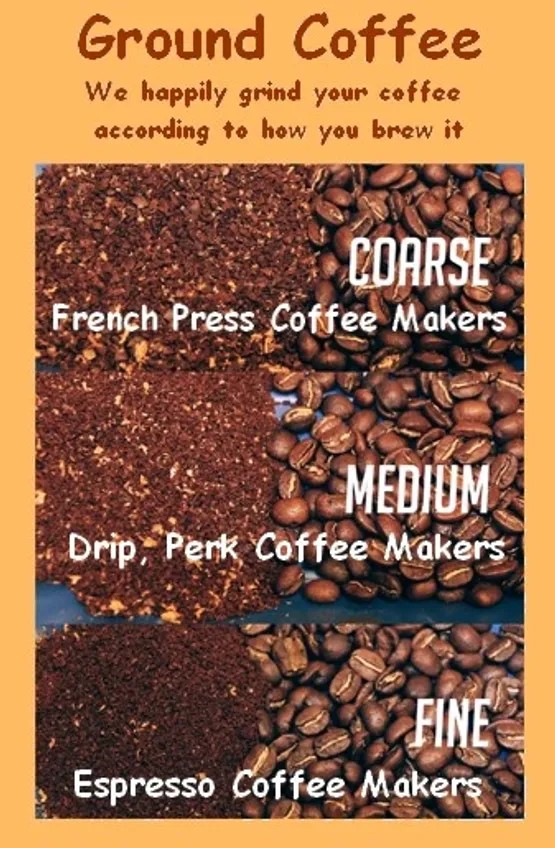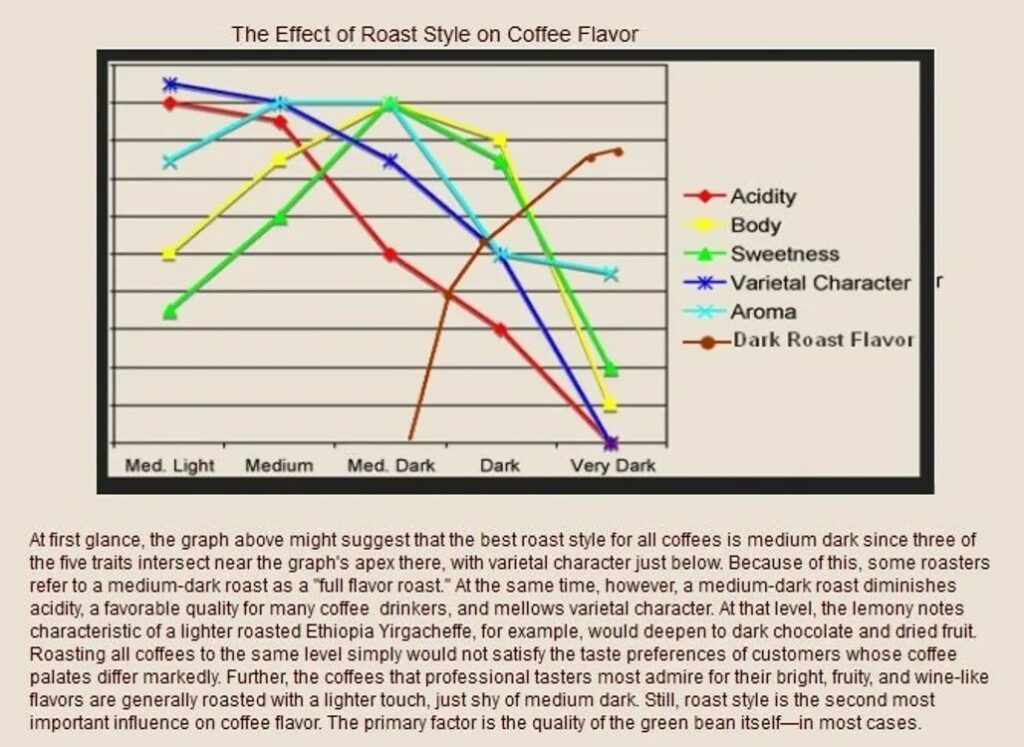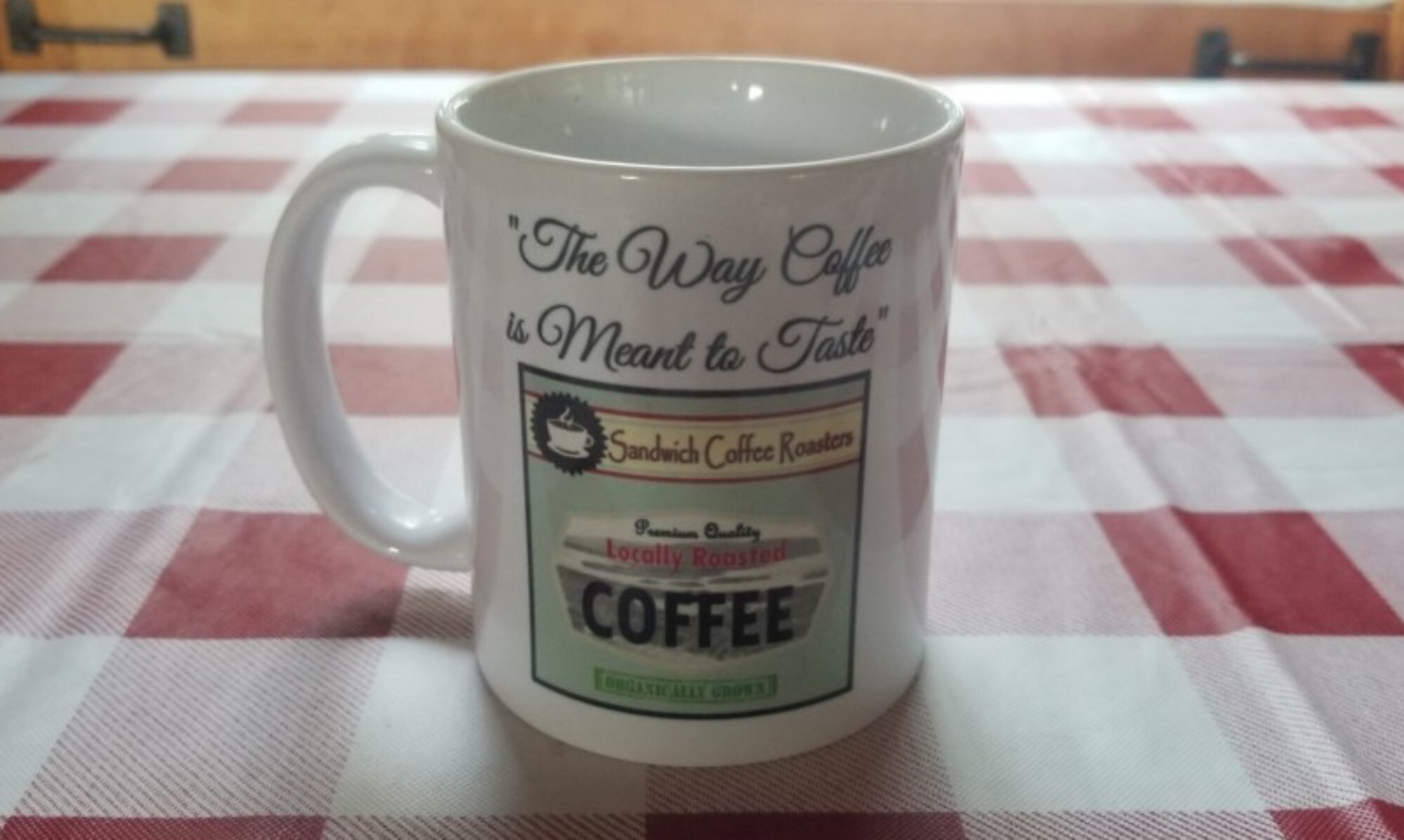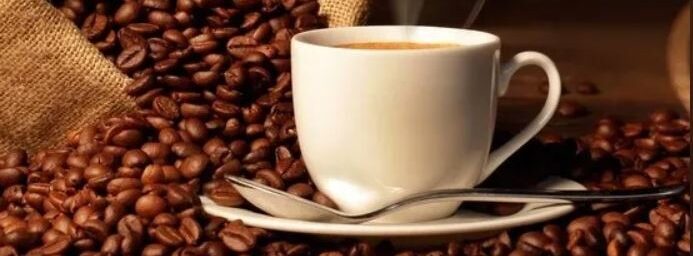Which Grind is Right for my Coffee Maker?
How to select the right grind size:
| Grind | Brewing Method |
| COARSE | – French Press – Vacuum coffee pots |
| MEDIUM | – Drip coffee makers with flat bottom filters – Percolators |
| FINE | – Drip coffee makers with cone shaped filters – Espresso moka pots – Espresso machines |


What Factors Affect Extraction: Under/Over Extraction = Bad Tasting Coffee
Sour and or bitter coffee is caused by poor coffee extraction. Too much means over extraction, and too little means under extraction.
There are 3 factors in accomplishing the correct extraction for your tastes.
First is choosing the correct coffee grind size for the brewing method.
Second is Water Temperature
Third is Brew time.
If your coffee grounds are too coarse, the water too cool, or brew time too short, it is easy to cause under extraction, this when the flavor of your coffee is sour and thin.
If your coffee grounds are too fine, the water too hot, or the brew time too long, it is easy to cause over extraction, this when the coffee has too much flavor, becomes bitter and too strong.
| UNDER EXTRACTION | OVER EXTRACTION |
| Causes: Grind Too Coarse Water Not Hot Enough Brewing Time Too Short | Causes: Grind Too Fine Water Too Hot Brewing Time Too Long |
| Results: Sour Salty Acidic Thin | Results: Bitter Dry Astringent Hollow Pungent |
Coffee Grind Size
Here are the main coffee grind sizes. Which size you need will depend on your brewing method.
- Extra Coarse Grind: It is usually used for cold brewing, so it is also called cold brew grind. These look like ground peppercorns.
- Coarse Grind: Coarse grind looks like kosher sea salt and is often used for French Press.
- Medium Grind: It is a good starting point to try your grinding. Similar to table salt. Used for Drip Coffee Makers
- Fine Grind: Used for espresso brewing, Moka pots, and Aeropress. It looks like powdered sugar.
- Extra Fine Grind: The texture is similar to flour. This size is rarely used, almost exclusively for Turkish coffee.
Water Temperature
Water temperature doesn’t increase nor decrease the extraction time; it affects the rate at which the coffee ground’s compounds dissolve into your brew. When the temperature is too low, these compounds and flavors aren’t fully extracted, resulting in a sour brew.
The optimal water temperature should be 96 degrees Celsius (205 degrees Fahrenheit). If you don’t have a kitchen thermometer, wait for 30 seconds to 1 minute after your water is boiled before pouring over coffee grounds.
Brewing Time
When the coffee is not brewed long enough, there isn’t sufficient time for the water’s heat to bring out the complex flavors of the bean to balance the acidity present in it.
Depending on the coffee equipment that you use, brewing time varies. A French Press requires around 2-4 minutes whereas an Aeropress requires about only 30 seconds. As a starting point refer to the manufacture’s recommendations.
Make sure that you do not brew less than or beyond the recommended time, as it can result in an under extracted or over extracted cup of coffee.

